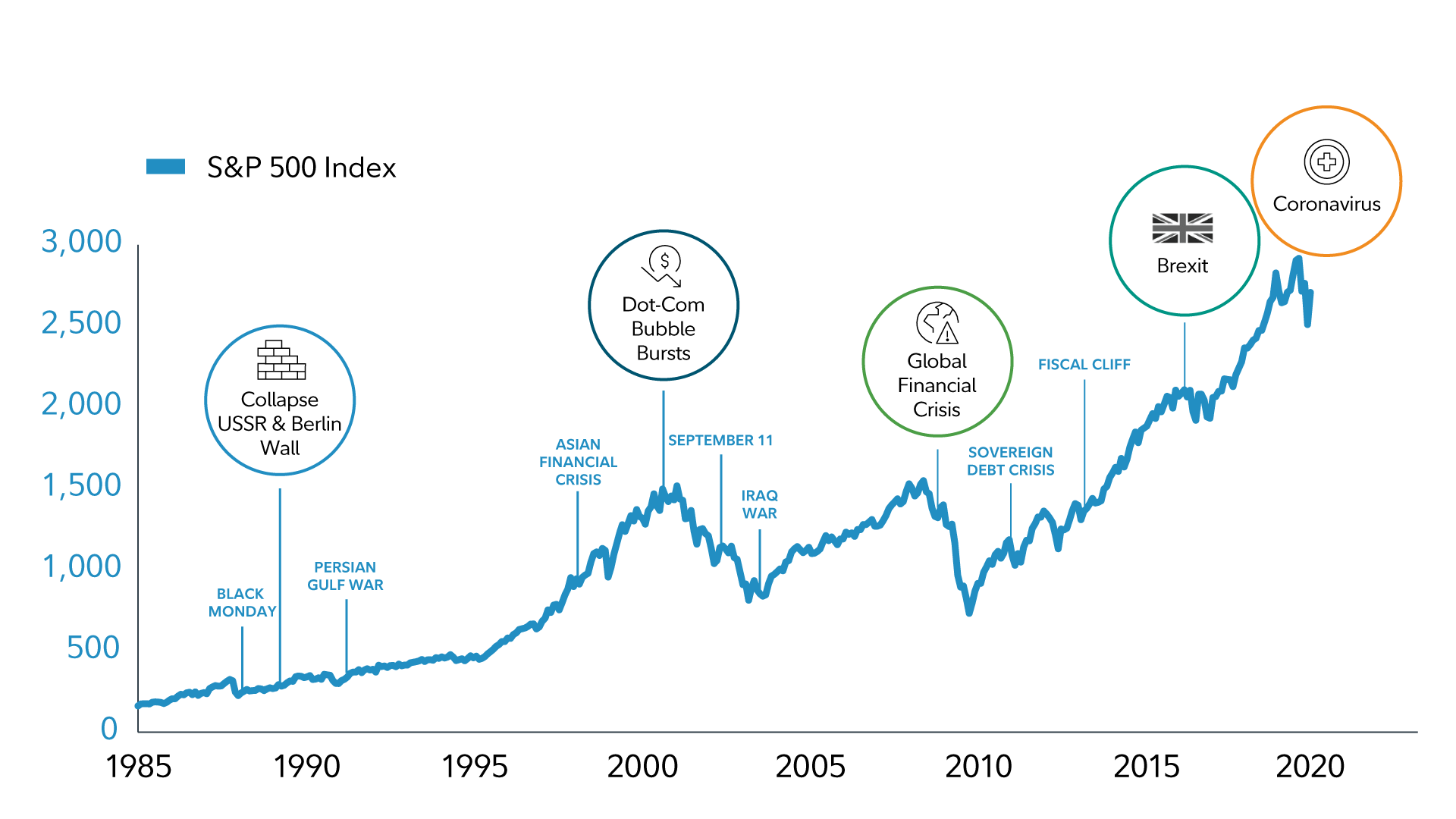Zoom Protocol for EU Mock Council
(5 minutes): Opening ceremony of EU Charter Preamble and “United in Diversity” statement read in 7 languages.
(5-10 minutes): “Share my Screen” Political proposal videos shown (e.g., Croatia’s A Strong Europe in a World of Challenges).
(35 minutes): Students manually sorted into political, economic and cultural identity breakout rooms. Negotiations proceed, building consensus toward an EU Response that aligns with nation team’s individual priorities. Students record Conclusions on its assigned, blank Google Slide.
(10 minutes): Whole class share-out by breakout room of the Conclusions negotiated as well as any impasses.
1) Each nation’s team should work together to figure out what is happening in their nation and the general sentiment toward the European Union right now. Your team needs a coordinated policy, meaning that your individual proposals should not be contradictory (e.g., one student is arguing for regional integration while another is arguing for sovereign control). Having trouble figuring out how to engage in this activity?
Political Questions/Vocab Economic Questions/Vocab Identity Questions/Vocab
2) Each student will prepare a roughly 1-page individual proposal, specific to your chosen topic (political, economic, or cultural identity) with footnotes for at least six, well-evidenced sources. This may include your textbook. Gerst sample here.
3) Each nation’s team will prepare a very short political video (think: commercial) of your total nation proposal going into the Council (Zoom meeting). Your example is Croatia’s EU video (3:35-6:35) we used in class at the beginning of second semester. (Make these fairly short, please. No shorter than 1 minute (which would be 20 seconds per topic) and no longer than 3 minutes. Note how it ends with a strong thesis: “A Strong Europe in a World of Challenges.” Appeal to the lessons of history you’ve learned in this class this year. This also will ensure your group has coordinated across classes to ensure consistency.
4) Each class period will work together in its final Zoom meeting, scheduled on the date listed on the special assessment calendar for the final week of school, for approximately 60 minutes, or until complete.
One student will be assigned the co-host role, so that the break-out room sessions may be recorded, and Ms. Gerst and Mr. Janus can view them afterwards. After each class period finishes their Google slides, Ms. Gerst will share first the slides of the individual class and then all the classes, so that everyone may reflect on the different Conclusions that were negotiated. The grading rubric used by Ms. Gerst and Mr. Janus may be found HERE: all of your work (individual paper, political commercial video, and breakout room performance) will be used in calculating the core and enrichment categories.



